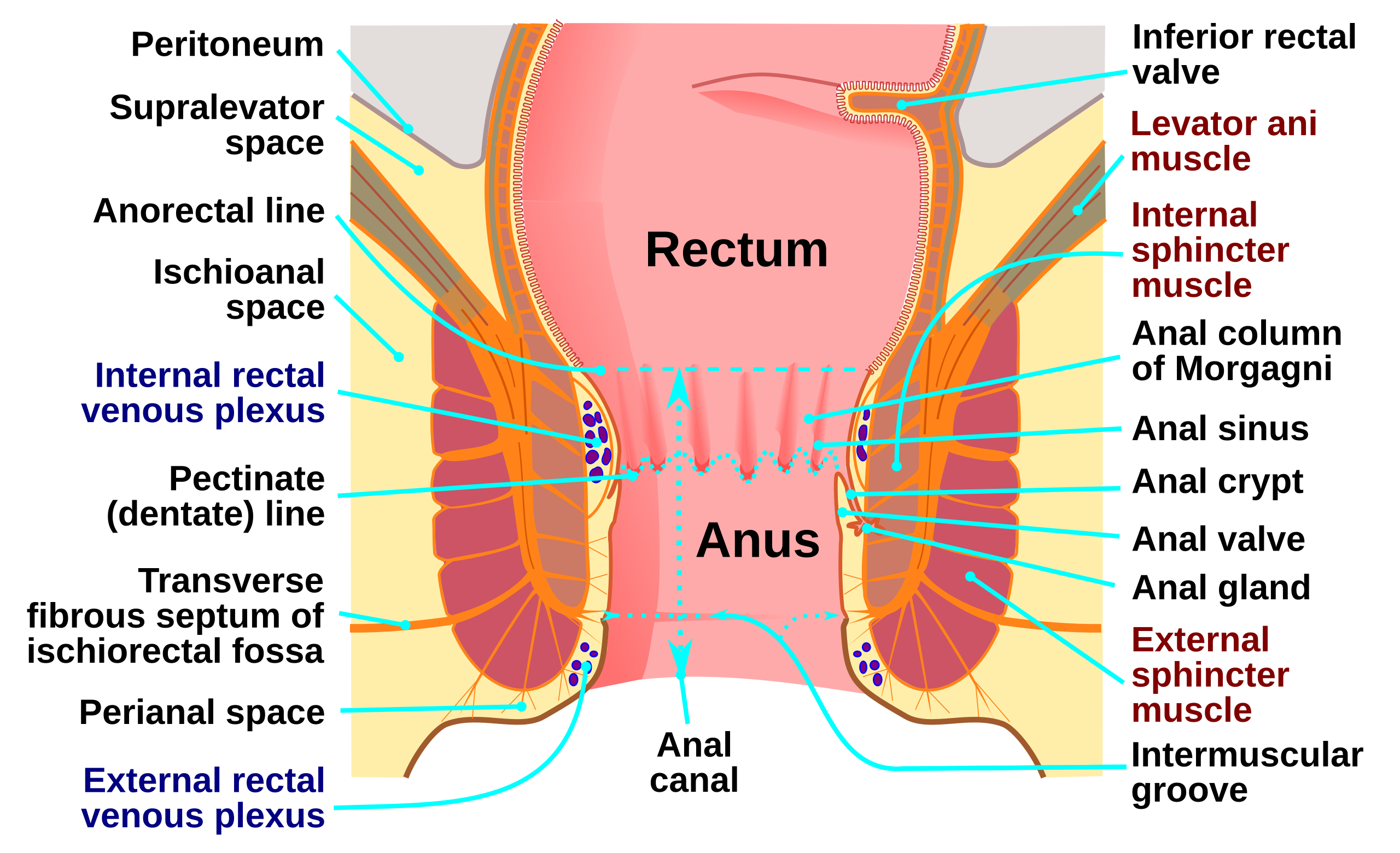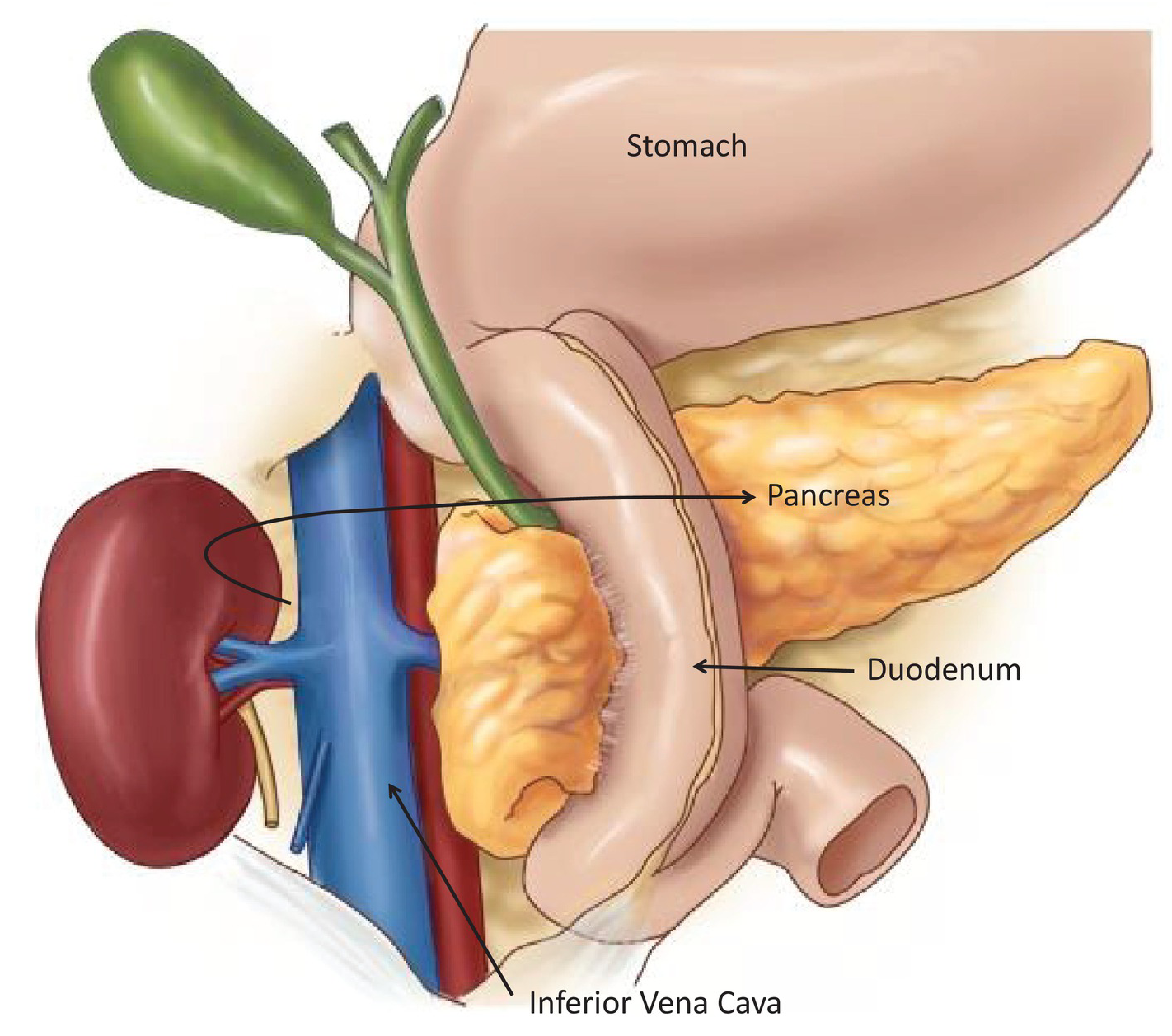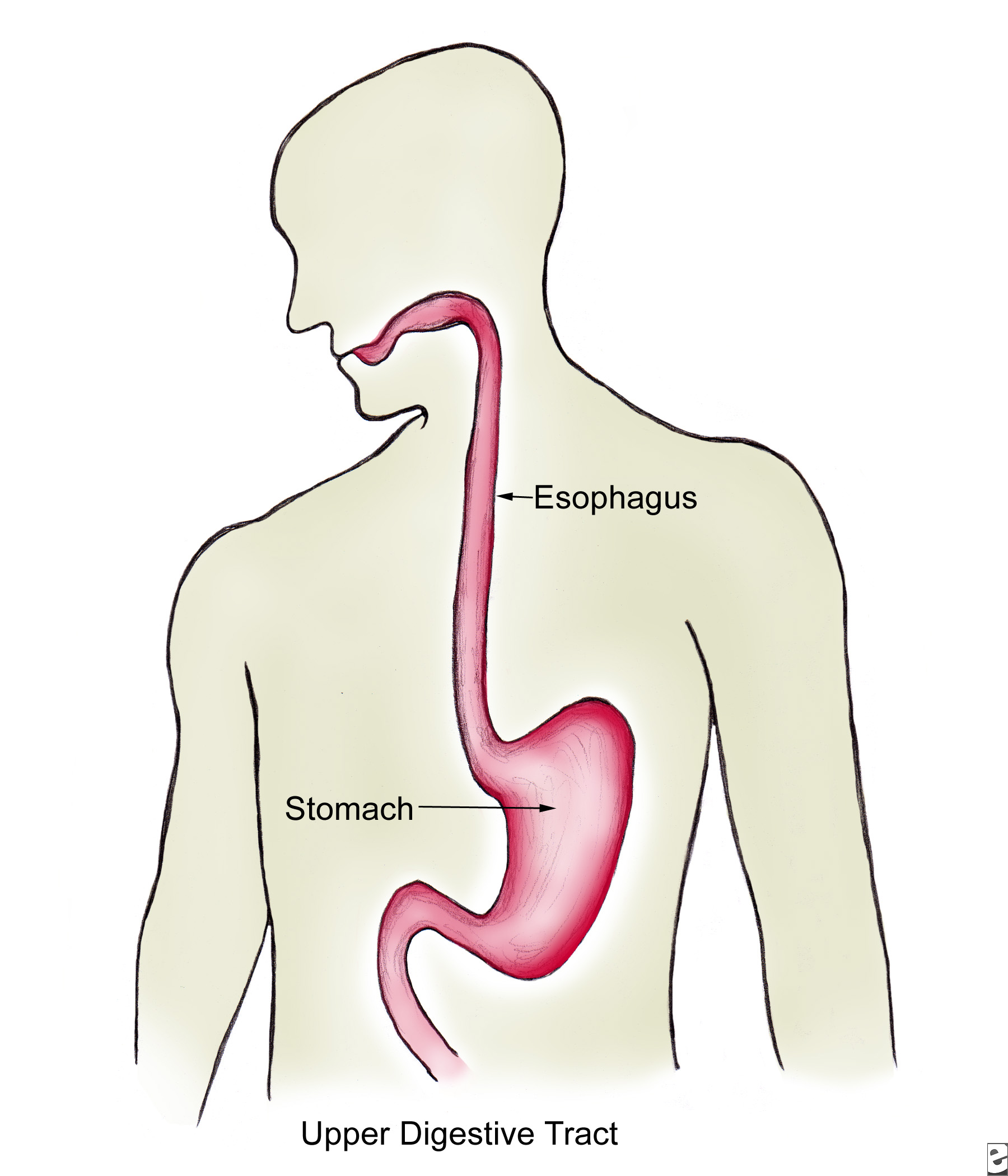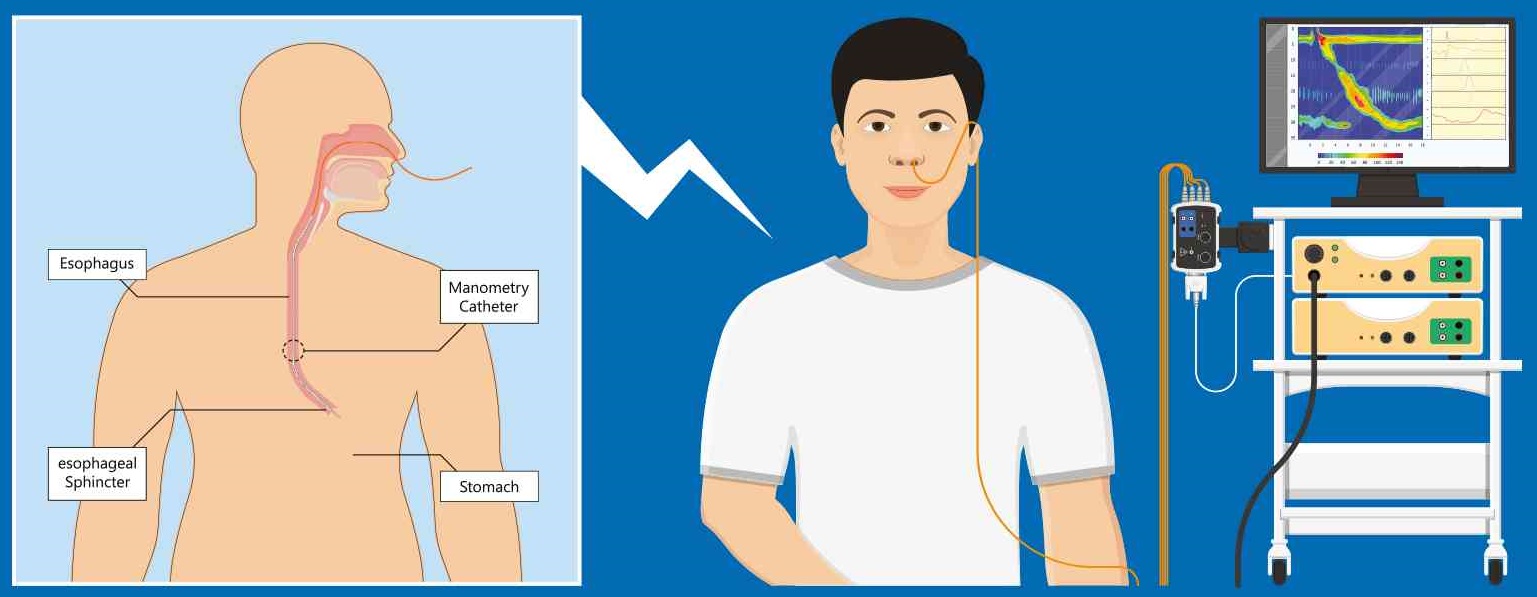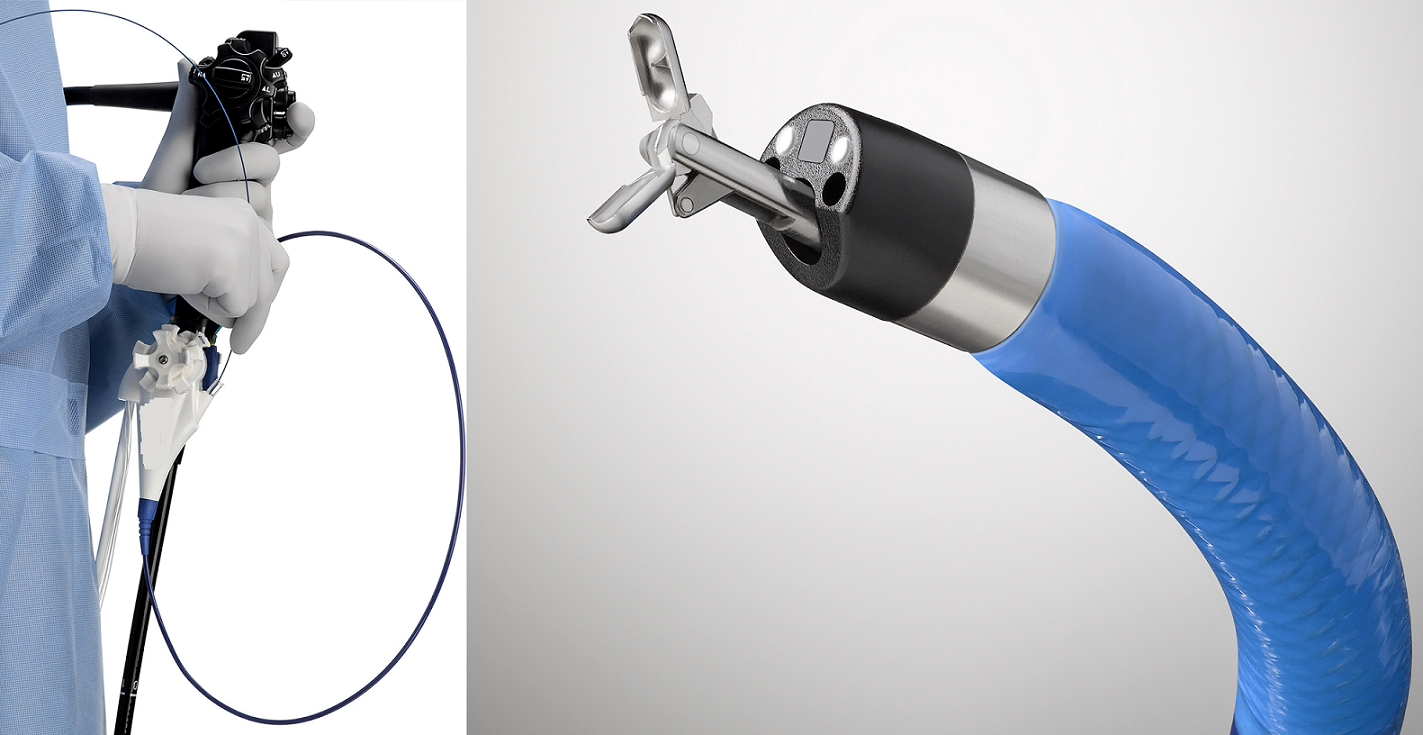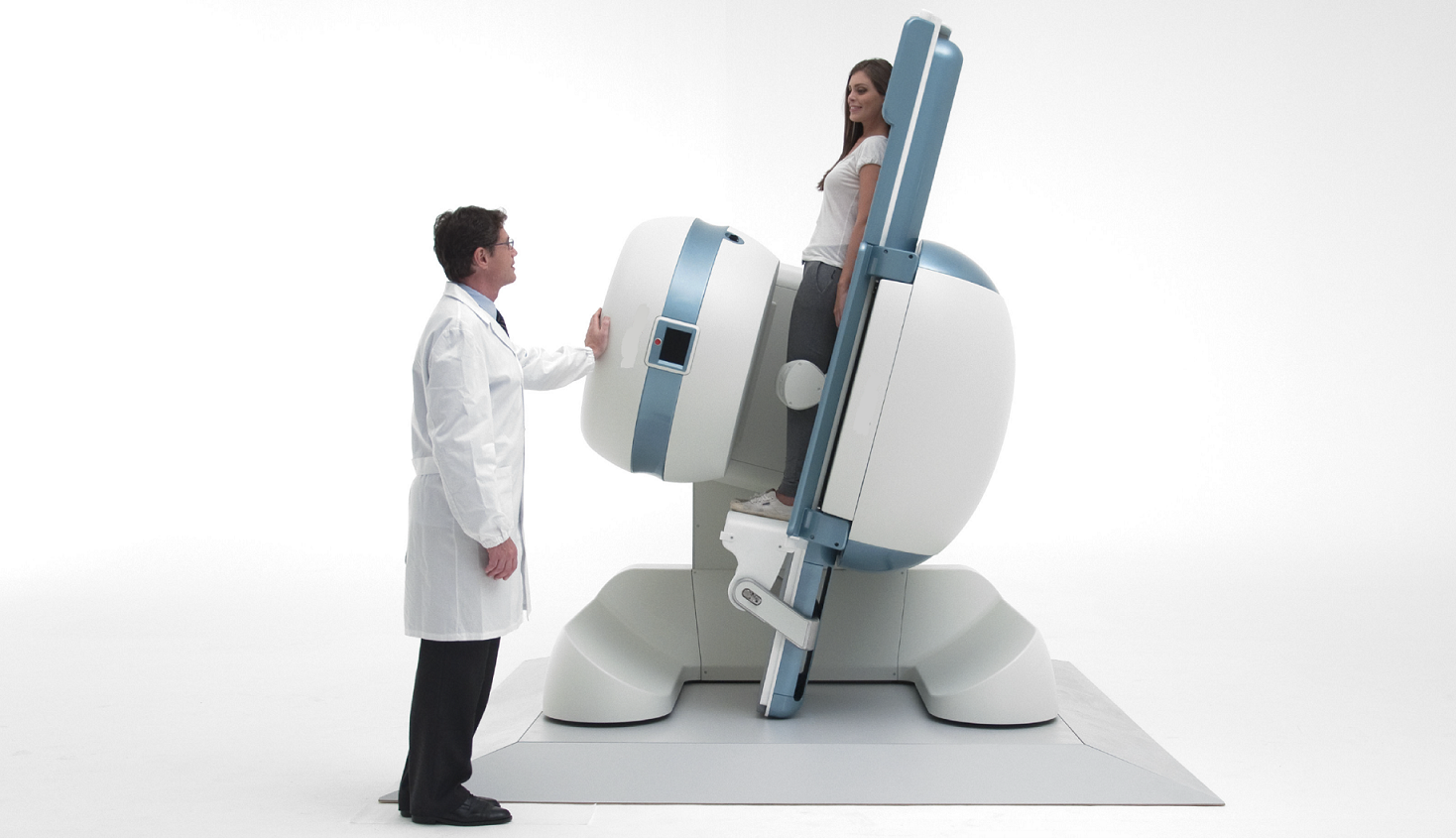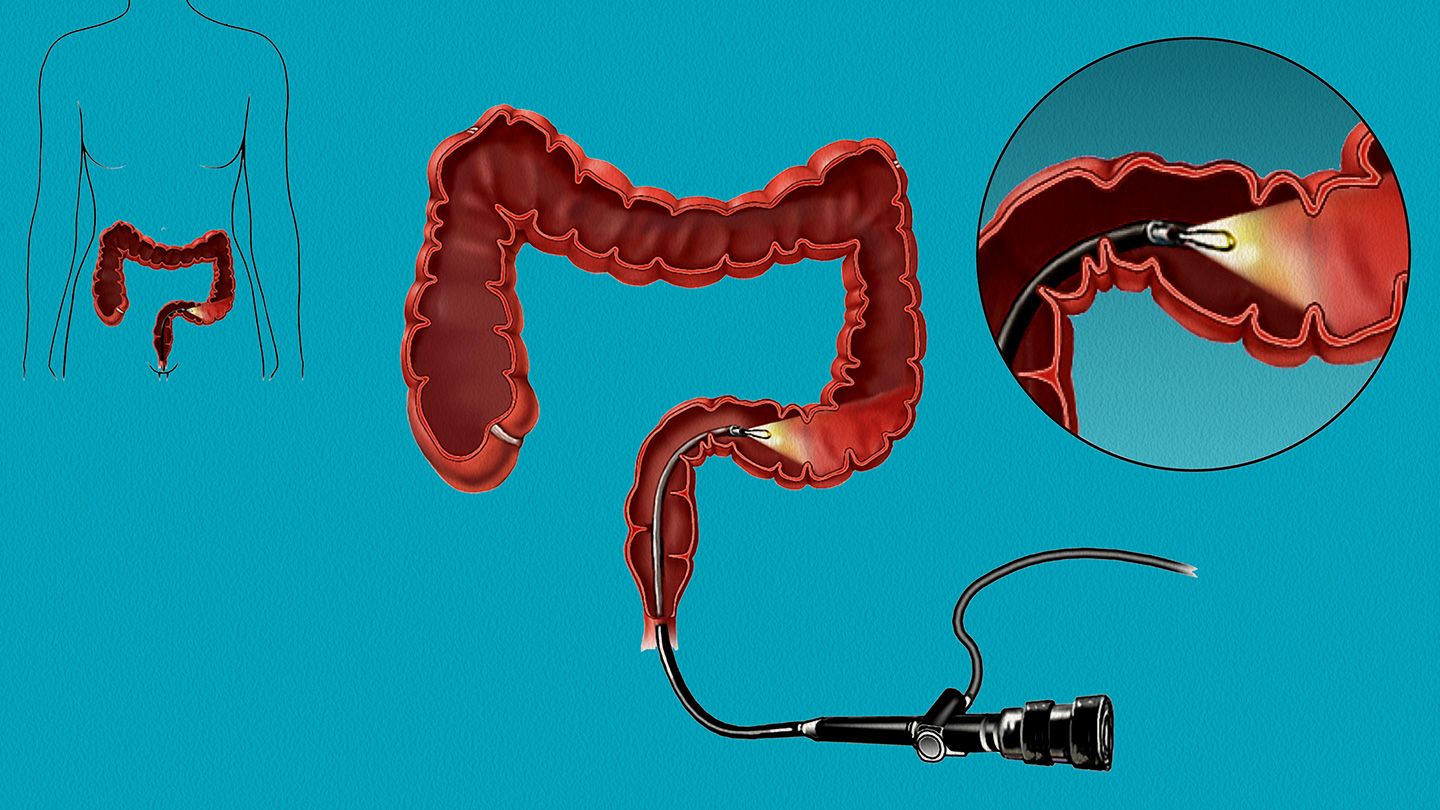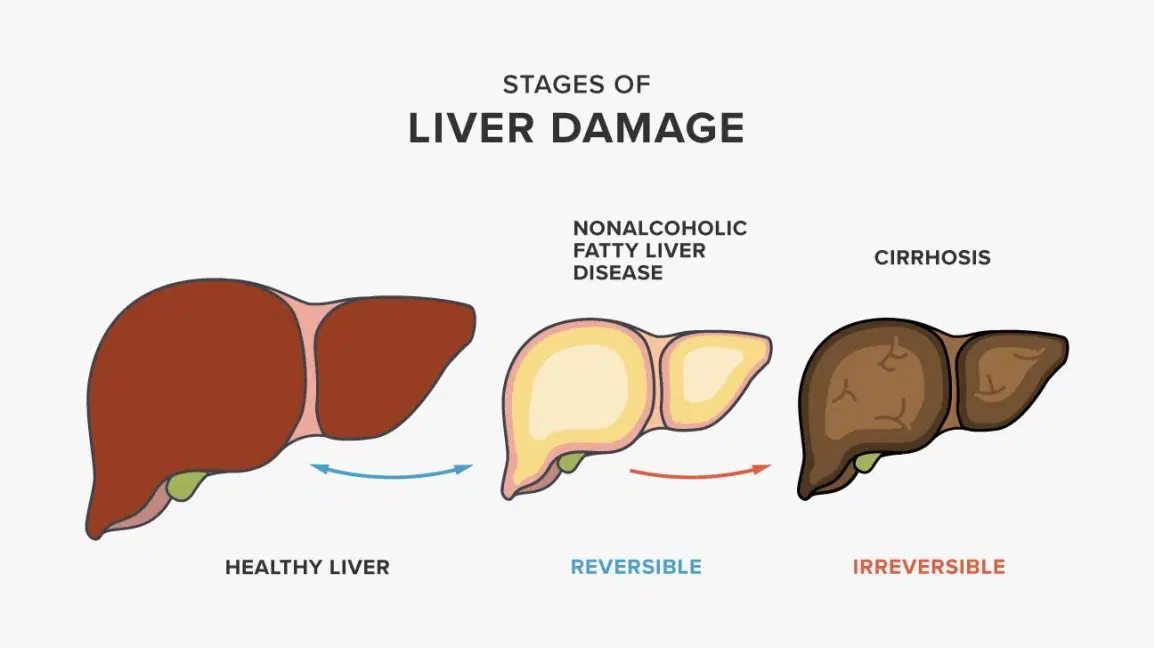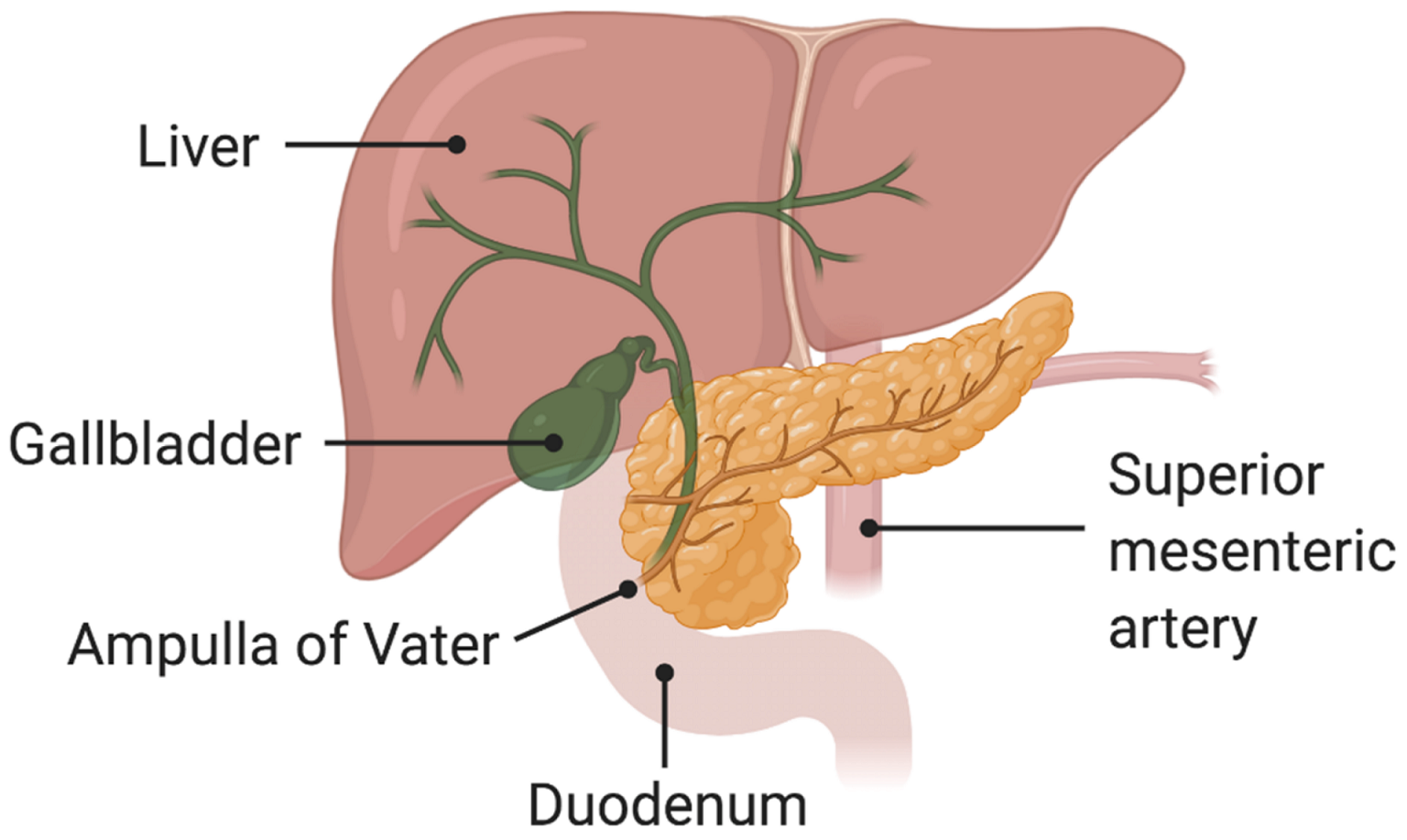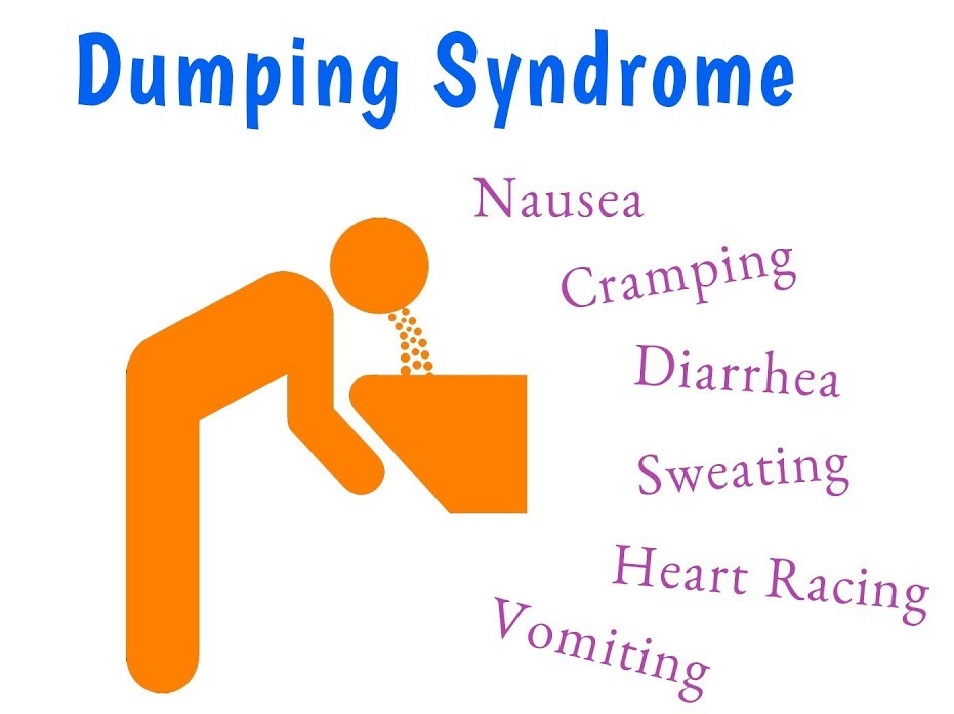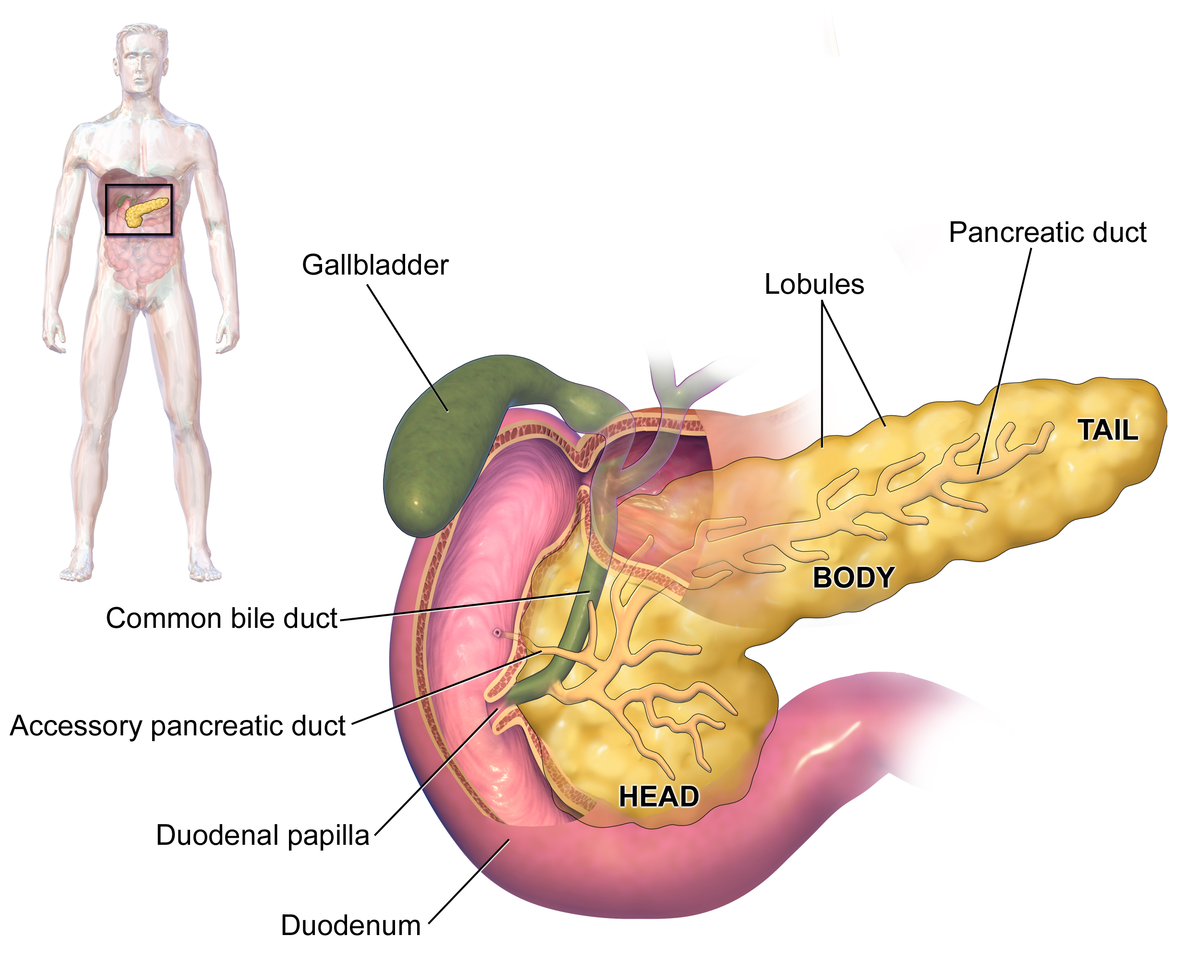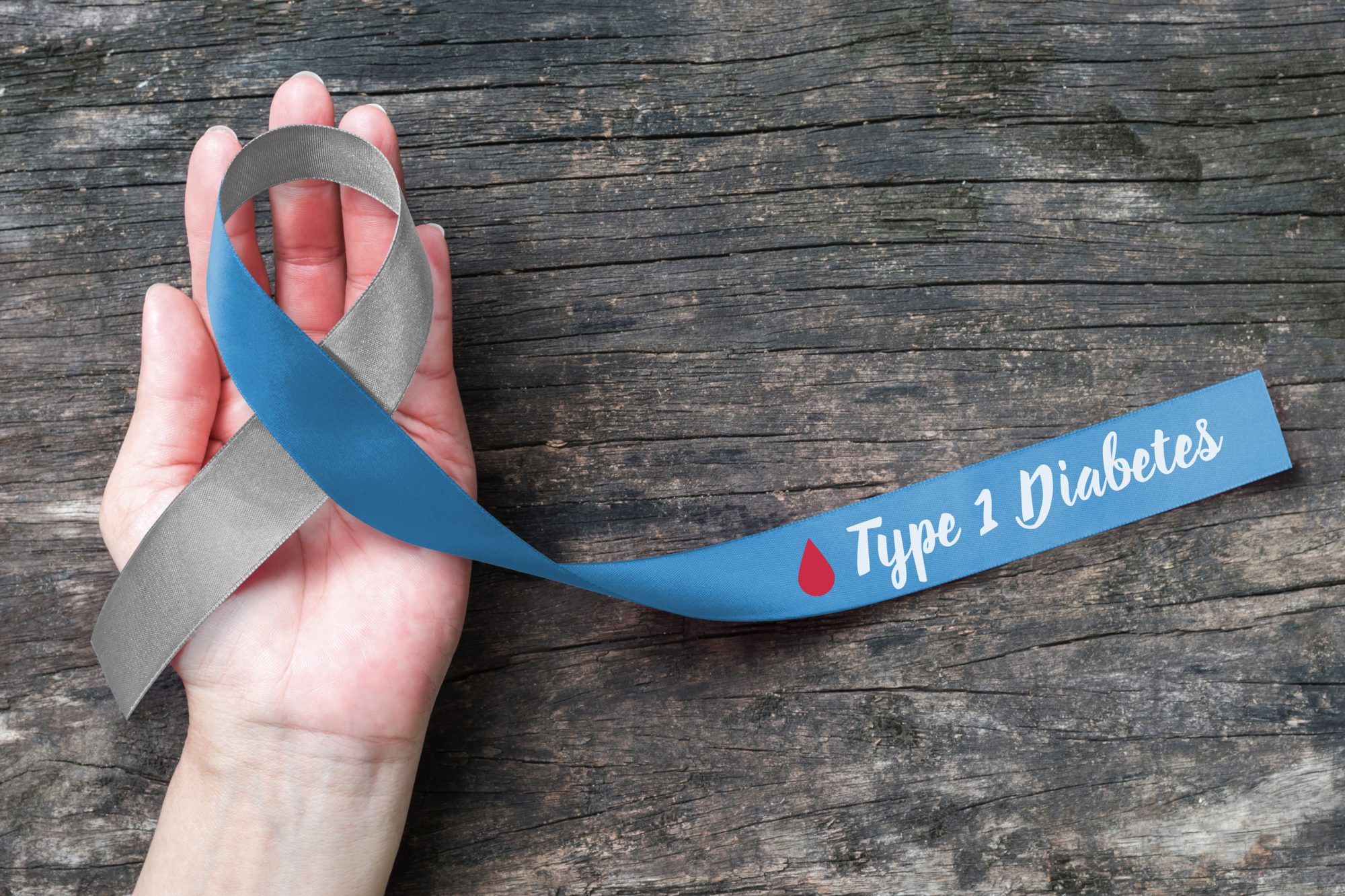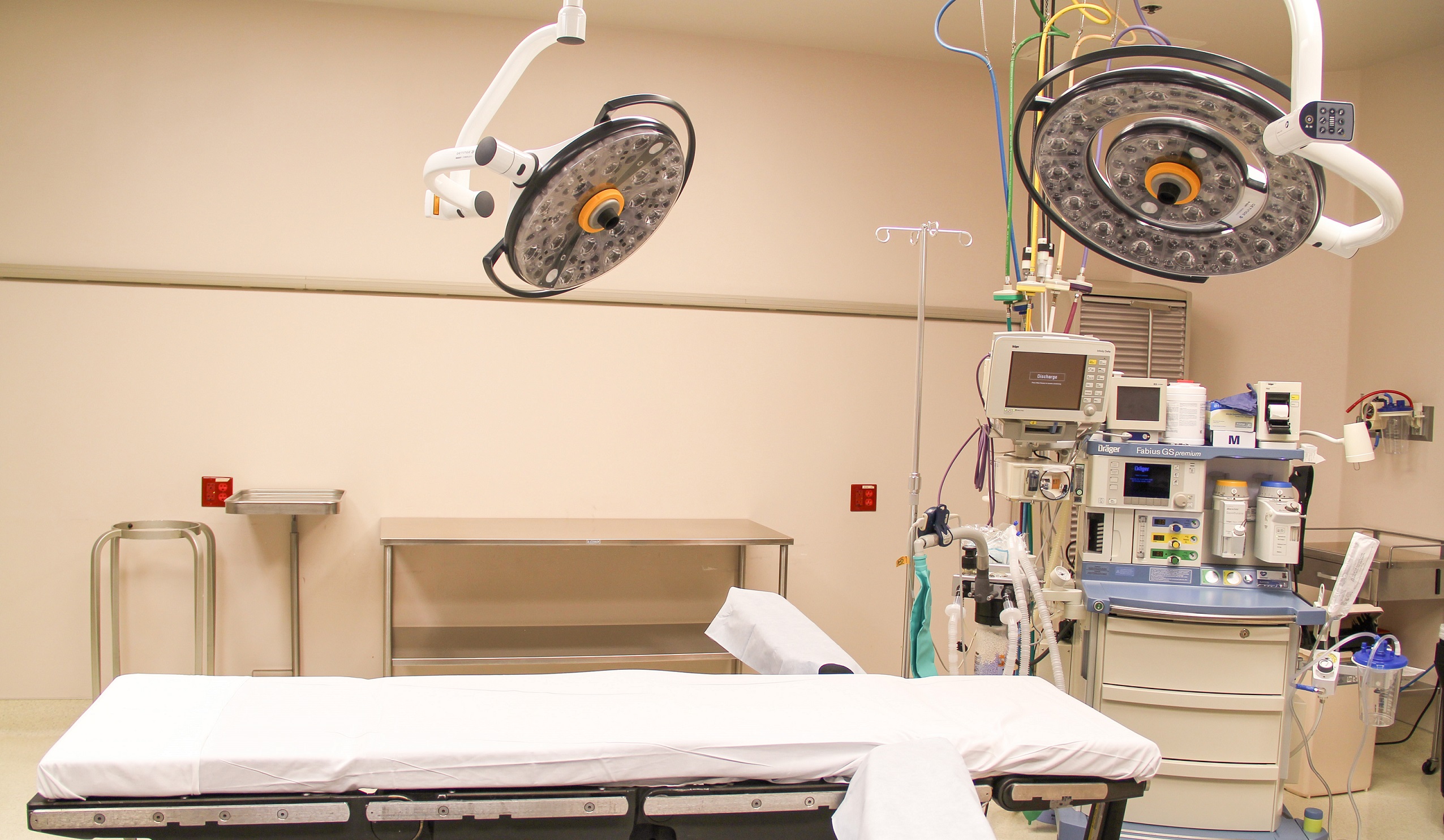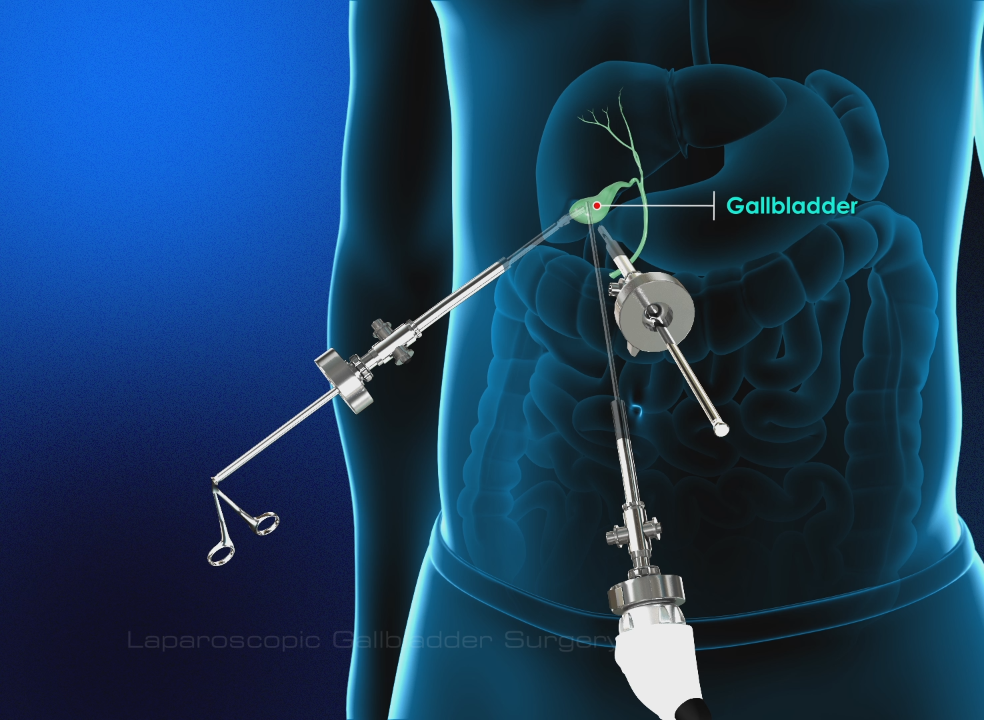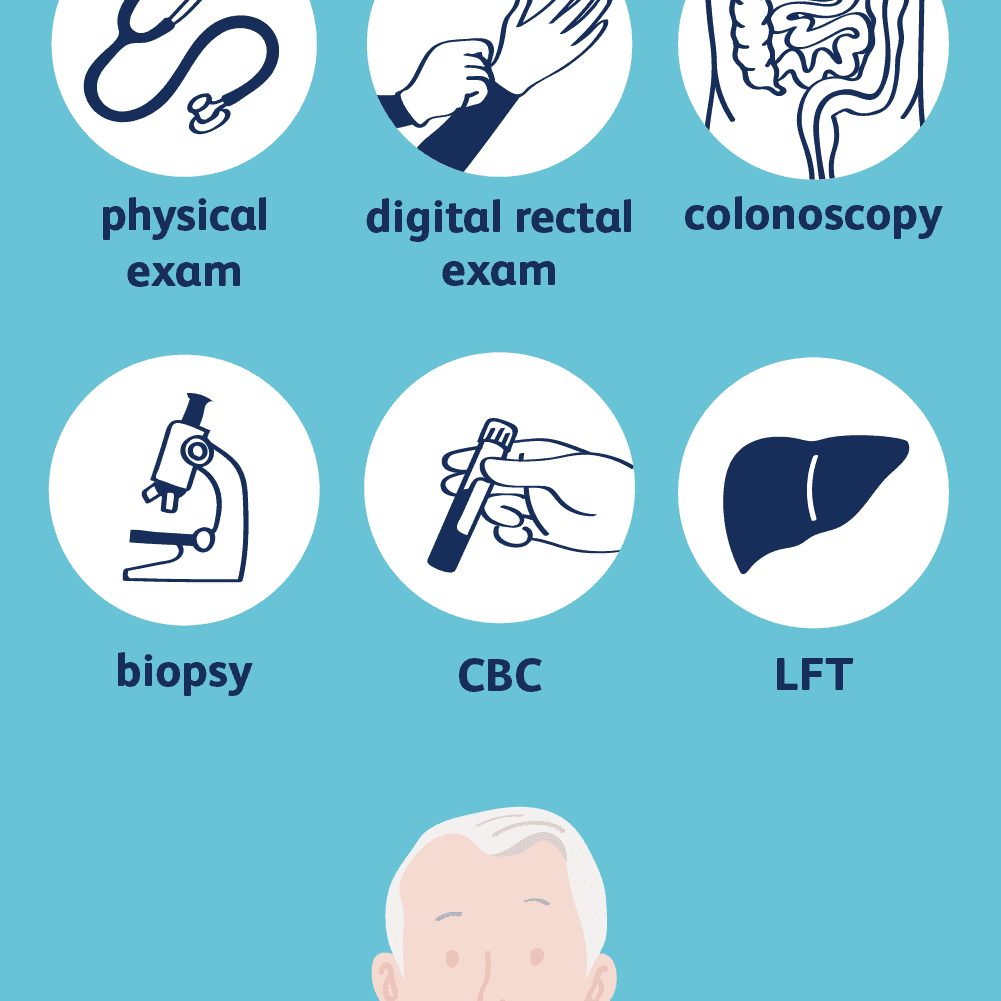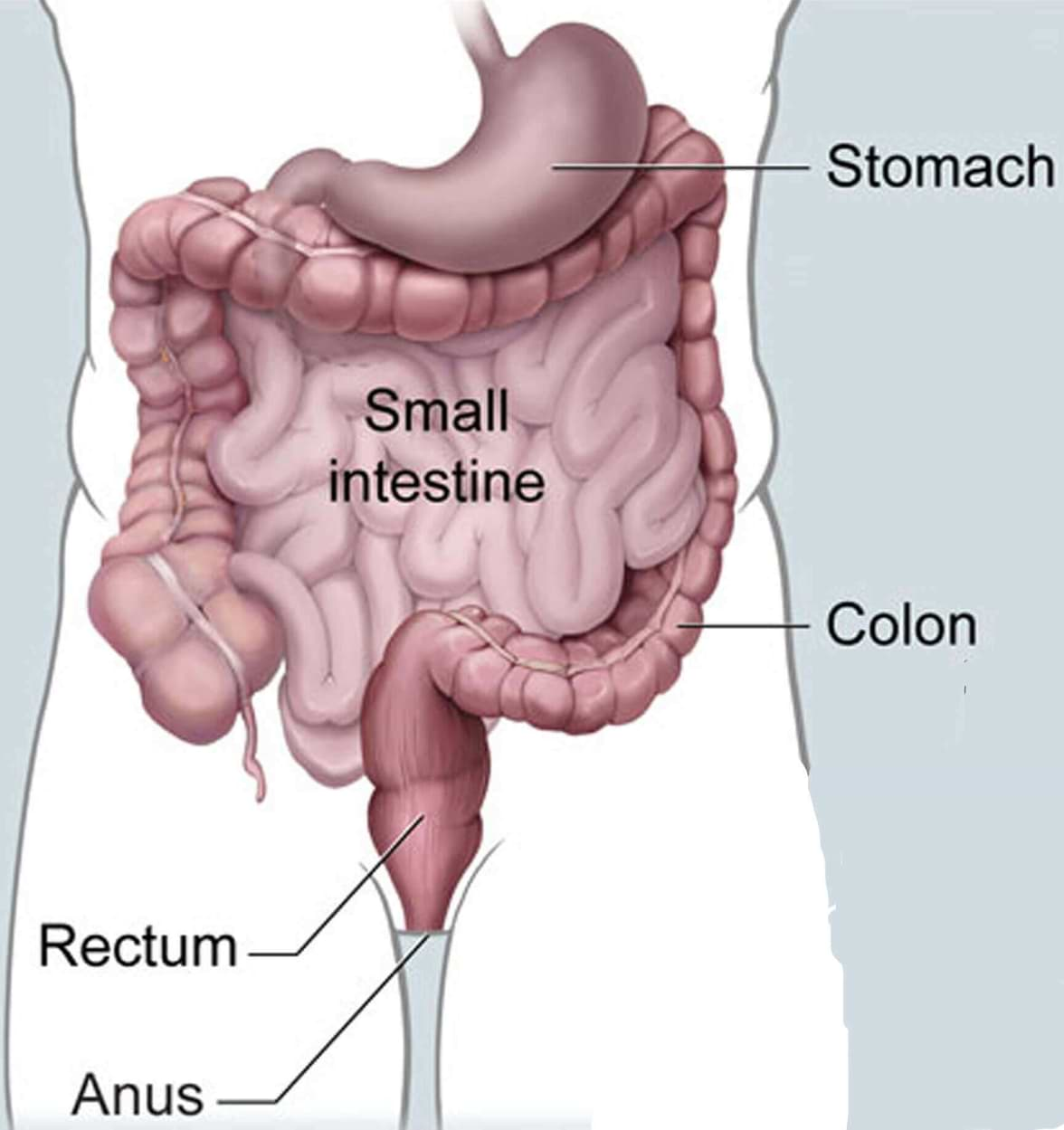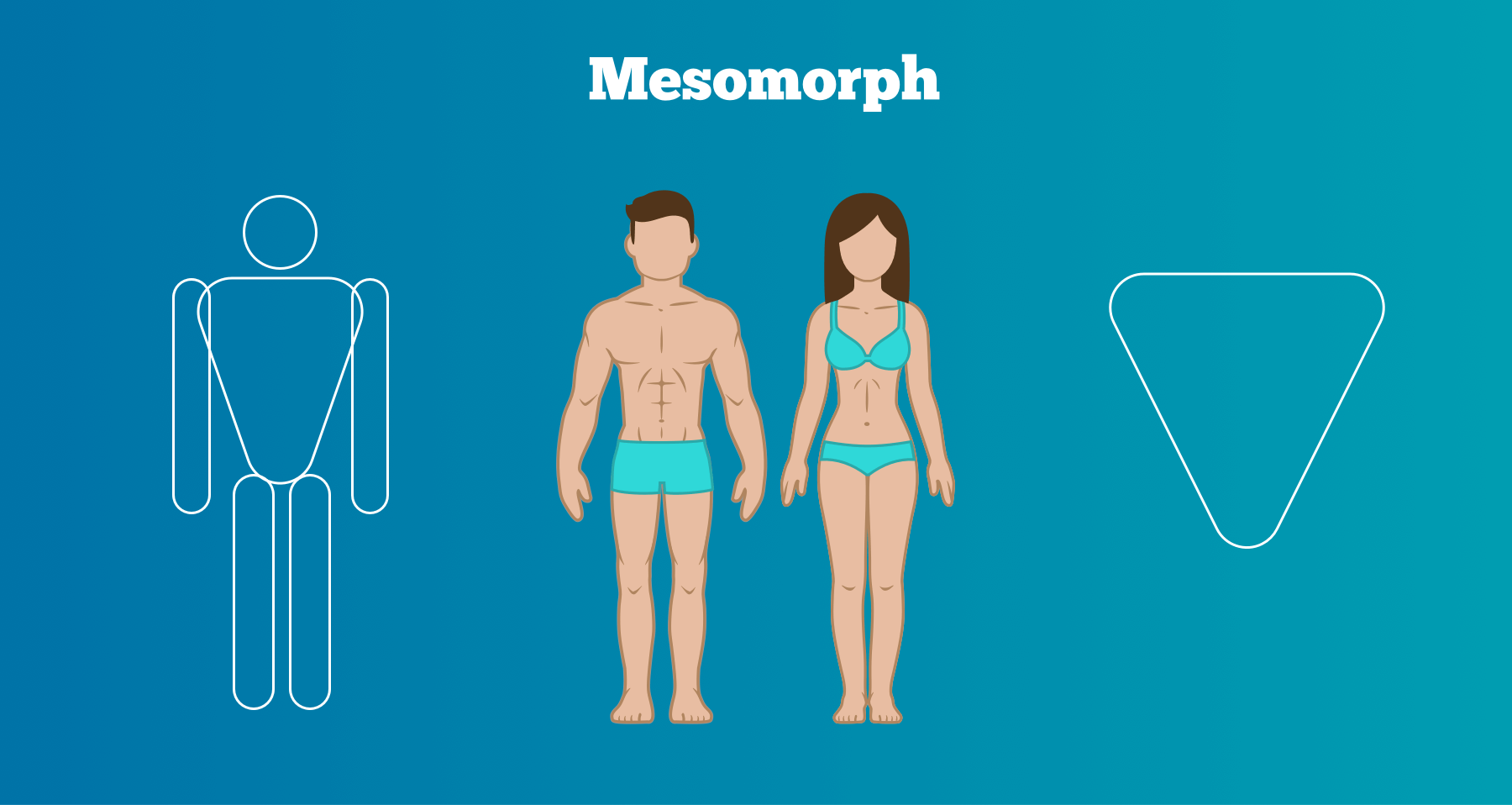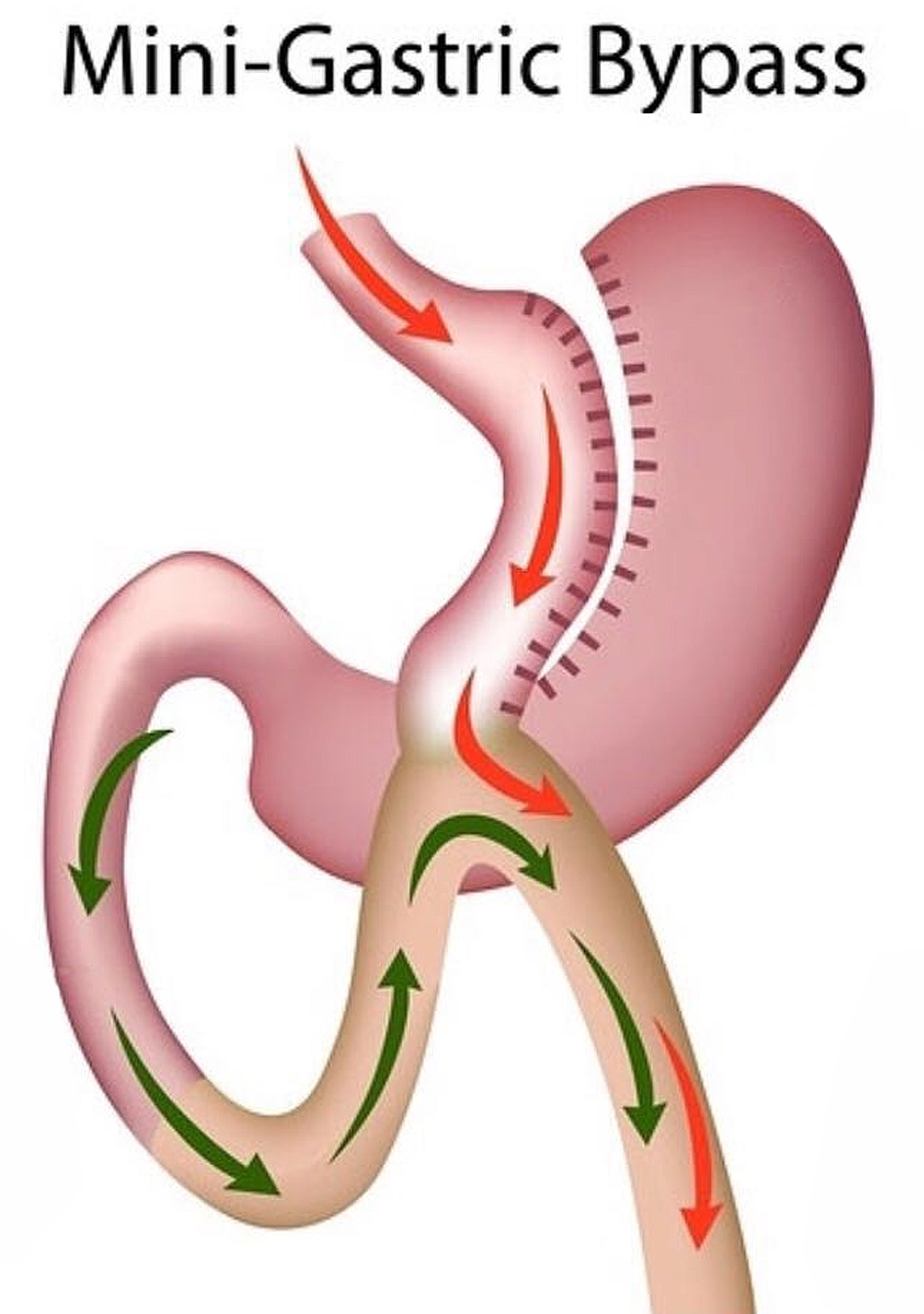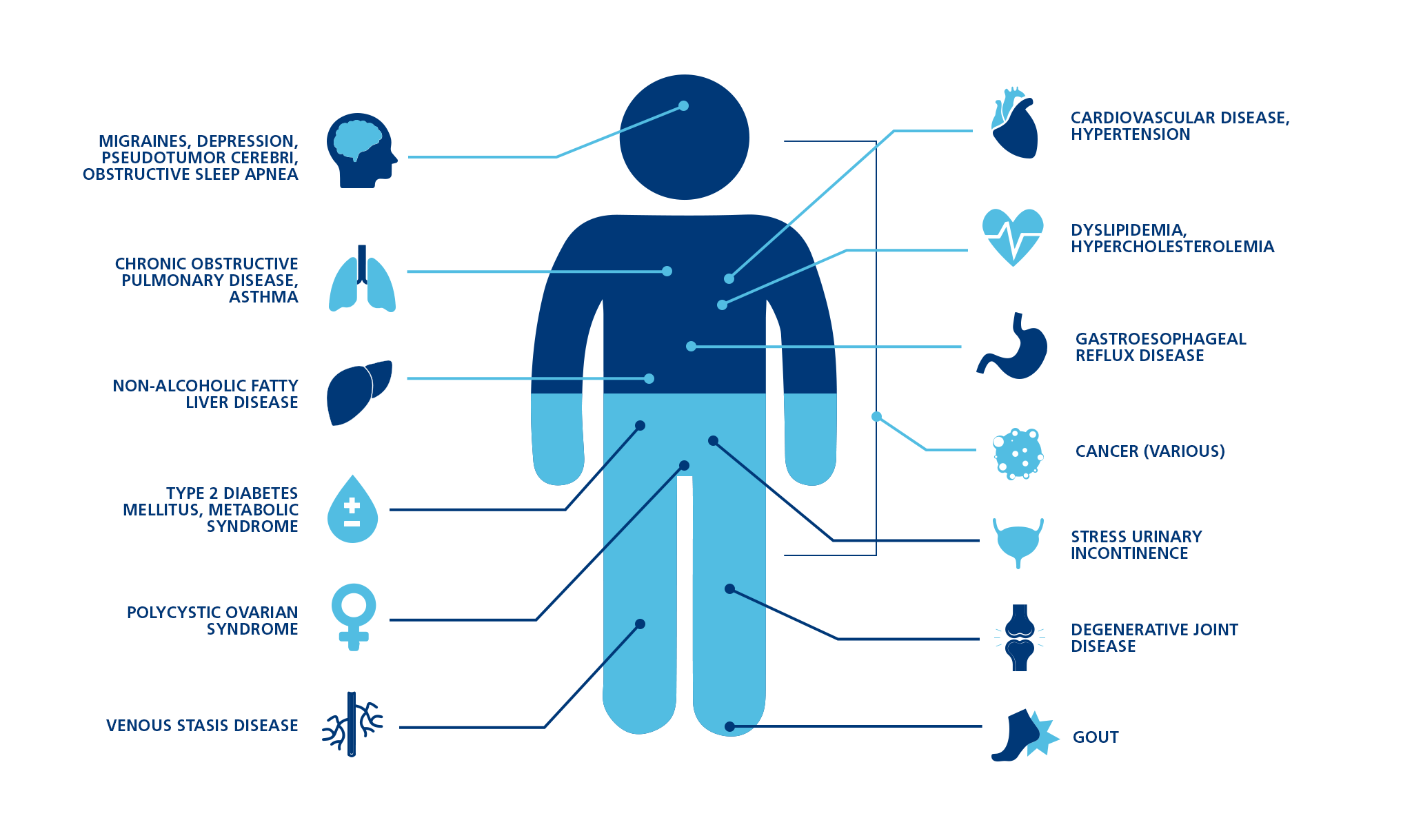Bariatric SUrgery, Obesity, Breast Cancer
Bariatric surgery to reduce obesity-associated breast cancer risk
New studies aim to explore the potential role of bariatric surgery in reducing the risk of breast cancer in people who classify as obese.

Bariatric surgery is a type of surgery that helps reduce food consumption and weight loss by removing part of the stomach, therefore, reducing the stomach size. The study focuses on whether this surgery could decrease breast cancer incidence and whether it could be a preventive measure.
“Our review highlights recent publications linking bariatric surgery to decreased breast cancer incidence, discusses possible consequences of bariatric surgery on breast cancer screening and finally proposes bariatric surgery as a potential preventative and adjuvant therapy for breast cancer,” said Andrea M. Stroud, MD, MS, Department of Surgery, Oregon Health & Science University, Portland, Ore. Stroud is the corresponding author of the paper.
The study was published online in Obesity.
Bariatric surgery and breast cancer
In a study by Tsui et al., researchers published the incidence of female-specific (breast, endometrial, ovarian) cancers from the New York State-wide Planning and Research Cooperative System database. The study included a large number of patients, including 55,781 female bariatric surgery patients matched with 247,102 non-surgical participants. The results revealed that the incidence of breast cancer was approximately 15% lower in the surgical group compared to individuals who did not have surgery.
Recent systematic reviews and meta-analyses that have evaluated the risk of breast cancer after bariatric surgery have shown similar findings. Lovrics et al. gathered results from a total of 11 studies which included 1,106,939 patients and found a 50% reduced risk of breast cancer following the surgery.
The studies found that the risk reduction was pre-dominate in higher stage groups and patients who had undergone bariatric surgery were more likely to have early-stage cancer, which has better outcomes and survival. The study’s authors explained that earlier stage disease in the surgical group could suggest that women in weight loss surgery programmes may receive more preventive health screening. Women with obesity are less likely to undergo screening mammography, which can help identify cancer at an earlier stage.
Furthermore, Winder et al. discovered that bariatric surgery reduced the incidence of breast cancer by 44%, including data from eight different studies. Another systematic review by Ishihara et al. of breast, ovarian and endometrial cancer that included seven studies uncovered that breast cancer risk was reduced by 49% in patients who had bariatric surgery. To summarise, the studies highlighted that bariatric surgery could reduce the risk of the breast in half.
Increased awareness is necessary
This review looked at therapeutic potential bariatric surgery may provide both as a prophylactic and adjuvant therapy in women with obesity who are at higher risk for breast cancer development and worse breast cancer outcomes. However, the authors added that with less than 1% of eligible patients being referred for surgery, increased awareness of this treatment option is needed.
The authors of this review discussed that the underlying mechanism of reduced breast cancer risk after bariatric surgery remains an unanswered question. Future treatment of these overlapping diseases should focus on identifying individuals at increased risk, evidence-based screening recommendations, and counselling around weight management options. Additionally, the researchers noted that future investigations are needed to better understand the role of this type of surgery in the prevention and treatment of breast cancer.
“Primary care and women’s health providers should be aware of the increased risk of breast cancer associated with obesity and weight gain as women age. This patient population would benefit from careful screening and discussion about weight management options, including the benefits of bariatric surgery for breast cancer risk reduction,” said Stroud.
Reference
- https://pubmed.ncbi.nlm.nih.gov/30998538/
- https://www.obesity.org/journals/obesity-journal/
- https://atm.amegroups.com/article/view/29680/html
- https://www.researchgate.net/publication/332499935_Bariatric_Surgery_is_Associated_With_Reduced_Risk_of_Breast_Cancer_in_Both_Premenopausal_and_Postmenopausal_Women
- https://www.healtheuropa.eu/exploring-bariatric-surgery-to-reduce-obesity-associated-breast-cancer/113719/




